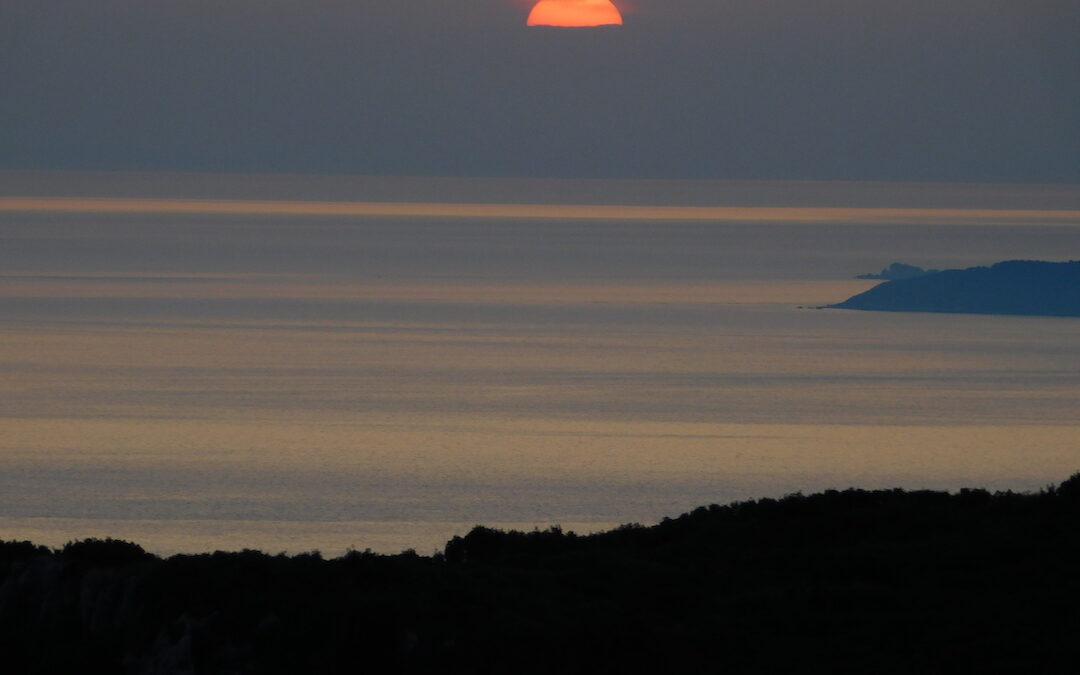Have I changed or has the world?
I’m not a person who seeks out conflict; indeed, one of my values is ‘harmony’. I like people to get on with each other and I like to think I can build a good rapport with nearly anyone.
However I also value authenticity even more. I feel uncomfortable pretending to agree with something I don’t agree with, and I have the sort of mind that chews away at things that don’t feel right.
In the 1980s, which wasn’t that long ago (though my children would disagree), it was widely if not universally accepted that Science was an objective realm of knowledge. Where there were disagreements these were to be sorted by further calculations or experiments. There was no point getting too emotional about any position in case the some new data did not go the way you thought it would.
Furthermore the politicisation of Science, as practised under Stalin or by the Nazis, was clearly an abomination. Scientists had to be free to follow the evidence wherever it led them.
Fast forward 30 years. On separate occasions two people very close to me who saw an earlier draft of How to Think for Yourself told me I could not think to publish it the way it was. If I did, my personal and professional reputation would be ruined, my business would suffer. I should leave the offending chapters out.
So what were the dangerous, offensive ideas? Was I advocating racial supremacy of a certain group, the overthrow of the Monarchy, or violent revolution?
I’m afraid it was nothing as dramatic as that. I felt drawn to writing about the weather. In particular, I wanted to say that in a case where there was conflicting data, and different scientists interpreted the evidence differently, it was right not to rush to judgement. A point of view that was, surely, totally mainstream in the 1980s.
Having now spent a few years looking into the subject, it seems to me that the burden of proof falls upon those who are convinced that carbon dioxide gas is the main controller of the global climate to explain a few things. First, what accounts for the very large changes in climate in the pre-industrial period (the little ice age, the medieval warm period, the last Ice Age etc). Second, to weigh up the clear and measurable benefits of increased CO2 for plant growth against any possible harm. Next, to consider whether the late C18 and early C19 should be taken as the ‘norm’ or rather an unusually cold period characterised by poor harvests in the northern hemisphere. And finally, the discrepancy between the computer models and real world data.
The problem I face is that many of the nicest people in the world are very worried about climate change and see this as being inseparable from caring about the environment. It is known that I love nature and seek to do what I can for the environment so showing some scepticism about what drives climate change can produce a reaction of shock and disbelief.
I don’t think I have changed, it is the world that has changed in its attitude to scientific questions since the 1980s. My analysis is that this connects with the rise of a collectivist outlook, and a confusion of subjective and objective thinking. I may or may not be right about this.
Is it too dangerous to have such thoughts? What do you think?

